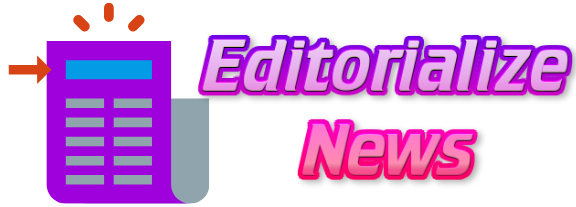
HCG and TRT are two terms that are commonly thrown around in the medical world. For those who aren’t familiar with the world of hormones and testosterone replacement therapy, it can be difficult to make sense of all the information. This comprehensive guide will explain everything you need to know about HCG and TRT. Whether you’re considering treatment for low testosterone or just curious about the topic, this guide is for you.
HCG, or human chorionic gonadotropin, is a hormone that is produced during pregnancy. It is often used to stimulate ovulation in women who are having difficulty getting pregnant. However, it is also used in men who are undergoing TRT (testosterone replacement therapy). HCG is used to prevent testicular shrinkage and maintain natural testosterone production in men. It works by mimicking the hormone LH (luteinizing hormone), which is normally produced by the pituitary gland and stimulates the testes to produce testosterone.
TRT, as mentioned above, is testosterone replacement therapy. This type of therapy is used when men have low levels of testosterone. Testosterone is a hormone that is important for many aspects of male health, including sexual function, muscle and bone growth, and mood regulation. Low testosterone levels can lead to a variety of symptoms, including fatigue, muscle weakness, decreased libido, and depression. TRT involves the use of testosterone medications, such as injections, gels, or patches, to increase testosterone levels.
The use of HCG in conjunction with TRT can provide many benefits. When men undergo TRT, the pituitary gland may stop producing LH, which can lead to testicular shrinkage and decreased natural testosterone production. HCG can prevent these negative effects by stimulating the testes to produce testosterone. In addition, HCG may also improve libido and energy levels. It is important to note, however, that HCG should not be used as a substitute for testosterone medication. It is only used in conjunction with TRT to support natural testosterone production.
When considering HCG and TRT, it is important to consult with a qualified medical professional. TRT can have many benefits, but it can also have side effects if not used properly. Possible side effects of TRT include acne, hair loss, mood changes, and fluid retention. HCG can also have side effects, including breast tenderness and swelling, as well as headaches and mood changes. However, the use of HCG in conjunction with TRT is generally safe and well-tolerated.
Conclusion:
HCG and TRT can provide many benefits for men with low testosterone levels. HCG can prevent testicular shrinkage and maintain natural testosterone production, which can improve symptoms such as fatigue and decreased libido. TRT can also improve sexual function, mood, and muscle and bone growth. However, it is important to consult with a qualified medical professional before undergoing any type of hormone therapy. Your healthcare provider can help you determine if HCG and TRT are right for you and develop a treatment plan that is safe and effective.

















